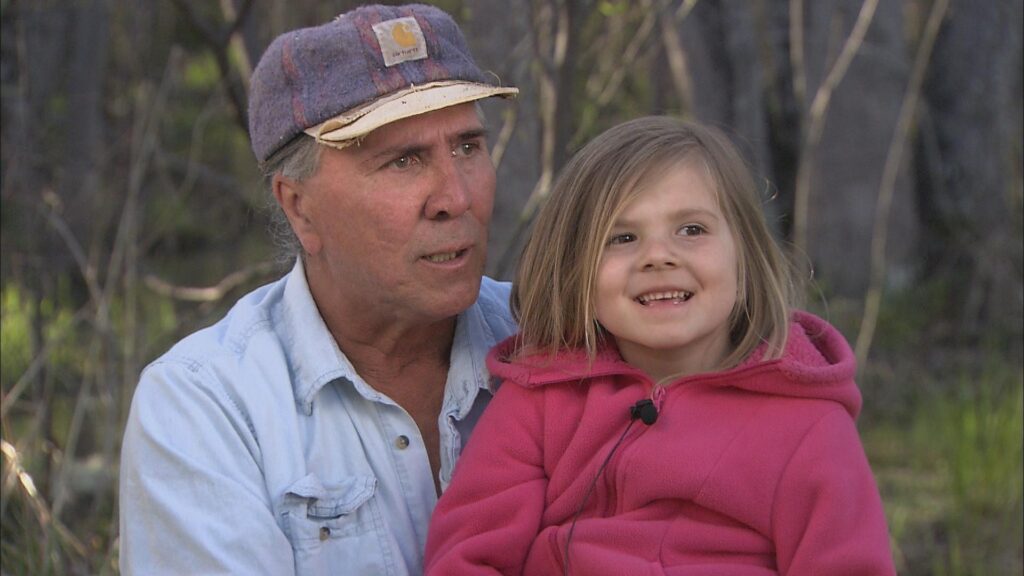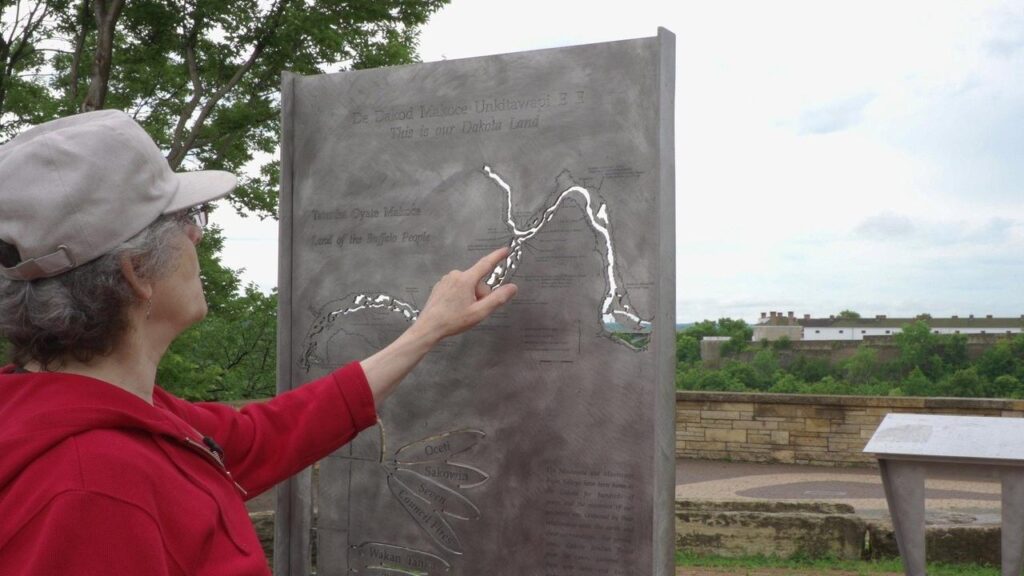Every November, Americans celebrate Native American Heritage Month – recognizing the culture, accomplishments and contributions of our country’s original inhabitants.
10/26/21
Every November, Americans celebrate Native American Heritage Month – recognizing the culture, accomplishments and contributions of our country’s original inhabitants.
10/26/21
Every November, Americans celebrate Native American Heritage Month – recognizing the culture, accomplishments and contributions of our country’s original inhabitants. PBS Wisconsin invites you to learn more about Native peoples with the following programs, airing this month and streaming online.

5 and 5:30 p.m. Sundays, Nov. 7-21
Tribal Histories features tribal storytellers sharing the culture and oral traditions that have shaped their communities across generations.
In order of production:
Ojibwe History
Potawatomi History
Menominee History
Oneida History
Stockbridge-Munsee Mohican History
Bad River Ojibwe History
Ho-Chunk History
Red Cliff Ojibwe History
Lac du Flambeau Ojibwe History
Brothertown History
Lac Courte Oreilles Ojibwe History
Mole Lake Ojibwe History
St. Croix History
The full series presents the histories of all 11 federally recognized American Indian tribes and bands located in Wisconsin, plus one tribe that is seeking to regain its federal status. Explore a rich collection of PBS Wisconsin Education resources on the history of Wisconsin’s native people, including Tribal Histories and the digital series The Ways, online at wisconsinfirstnations.org.
11 p.m. Wednesday, Nov. 17
With insight from Ojibwe elders, biologists and artist Rabbett Before Horses Strickland, this PBS Wisconsin documentary captures enduring spiritual connections with Brother Wolf, the lasting bonds and responsibilities shared between Native people and the wolf species, and the opportunities and challenges presented by the reintroduction and protection of the animals across reservation lands.

11 p.m. Monday, Nov. 22
Rita Davern’s family members have always been proud to say that their ancestors once owned Pike Island, a beautiful piece of land in Minnesota. Once she learns how sacred this land was to the Dakota people who lived there for generations, Rita attempts to understand what happened to the land and the people, and why.
8 p.m. Tuesday, Nov. 23
In 2017, a delegation of Northern Arapaho tribal members traveled from Wyoming to Pennsylvania to retrieve remains of three children who died at Carlisle Indian Industrial school in the 1880s. It’s a journey into the troubled history of Native American boarding schools and a quest to heal generational wounds.
Debbie Reese, founder of the “American Indians in Children’s Literature” blog, discusses the portrayal of Native Americans in children’s literature. Reese focuses on the stereotypes depicted in the books from the 1960s through present day.
Louis V. Clark III, the author of “Rebel Poet: More Stories from a 21st Century Indian,” shares his poems which touch on discrimination, addiction, the struggle for community and the comfort of family.
Peter Shrake, author of “The Silver Man: The Life and Times of Indian Agent John Kinzie,” discusses John Kinzie’s life and his interactions with Native Americans in the mid-1800s. Shrake explores the history of the Midwest through Kinzie’s experiences.
Jim Oberly, professor in the Department of History at the University of Wisconsin-Eau Claire, explains tribal sovereignty and provides a historical perspective on how Wisconsin’s 11 federally recognized Native American tribes opened casinos in the state.
Hear the history and stories passed down by Roberta Hill as she tells of her grandparents, Charles Abram Hill and Dr. Lillie Rosa Minoka-Hill.
Hear a Ho-Chunk perspective on Steven Hoelscher’s “Picturing Indians: Photographic Encounters and Tourist Fantasies.” The book examines H. H. Bennett’s work and the Ho-Chunk people he photographed in the Wisconsin Dells area.
Learn about the Walking Forward project from Daniel G. Petereit. The project addresses cancer disparities in the American Indians in western South Dakota. Petereit also discusses the Cancer Disparity Research Partnership project, its key elements, the five-year results and the funding.
I would love to get your thoughts, suggestions, and questions in the comments below. Thanks for sharing!
Beverly J Muhlenbeck
I want to sign up for for pba wisconsin passport
Alyssa Beno
Hi Beverly – please visit https://pbswisconsin.org/passport/ to sign up.